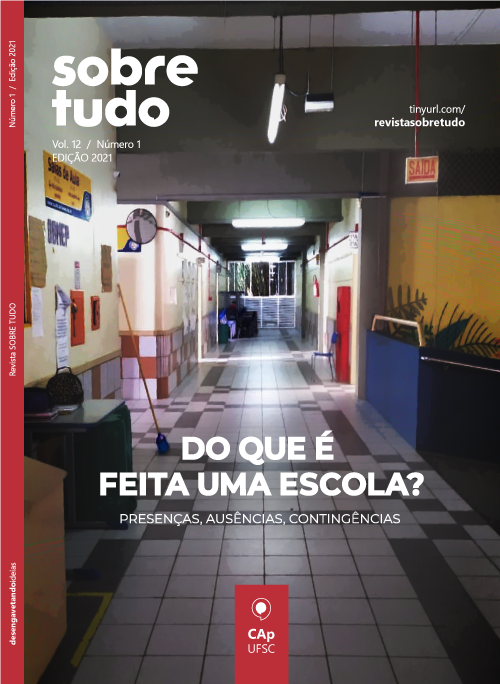REFLEXÕES SOBRE A “ESCOLA UBÍQUA”: NETNOGRAFIA E ETNOGRAFIA DIGITAL COMO INSTRUMENTOS PARA A COMPREENSÃO DOS PROCESSOS DE ENSINO/APRENDIZADO NOS AMBIENTES VIRTUAIS
Resumo
As transformações socioculturais que estamos vivenciando a partir do surgimento e popularização das tecnologias digitais de comunicação representam um desafio histórico em termos de adaptação de práticas e comportamentos — desafio que se manifesta com intensidade no âmbito da Educação. Neste sentido, este ensaio propõe reflexões sobre como a Netnografia e a Etnografia Digital, enquanto métodos antropológicos para análise de “comunidades virtuais”, podem servir como valiosos instrumentos para auxiliar na busca por respostas sobre as importantes questões que emergem com a popularização da Educação Virtual.Referências
INGOLD, Tim, “The Perception of the Environment: Essays on livelihood, dwelling and skill” (2002). PREMACK, D.; and PREMACK, A.J. 1994. “Why animals have neither culture nor history.” In: Ingold, T. (ed.), Companion encyclopaedia of anthropology: Humanity, culture and social life 350–365. London: Routledge.
BOELLSTORFF, Tom, “Rethinking Digital Anthropology” in “Digital Antropology" (editado por MILLER, Daniel - HORST, Heather A. - 2012).
CALIANDRO, Alessandro, “The difference between Netnography and Digital Ethnography”, Centro Studi Etnografia Digitale” (2014).
CANEVACCI, Massimo, “Ethnographic Ubiquity: Original Fake, Expanded Codex, Transurban Subject, Performative Doll”, (2012).
GARCIA V.L., CARVALHO JÚNIOR, P.M., “Educação à distância (EAD), conceitos e reflexões” (2014).
KOZINETS, Robert V., Netnography: Redefined (2015, Segunda Edição).


